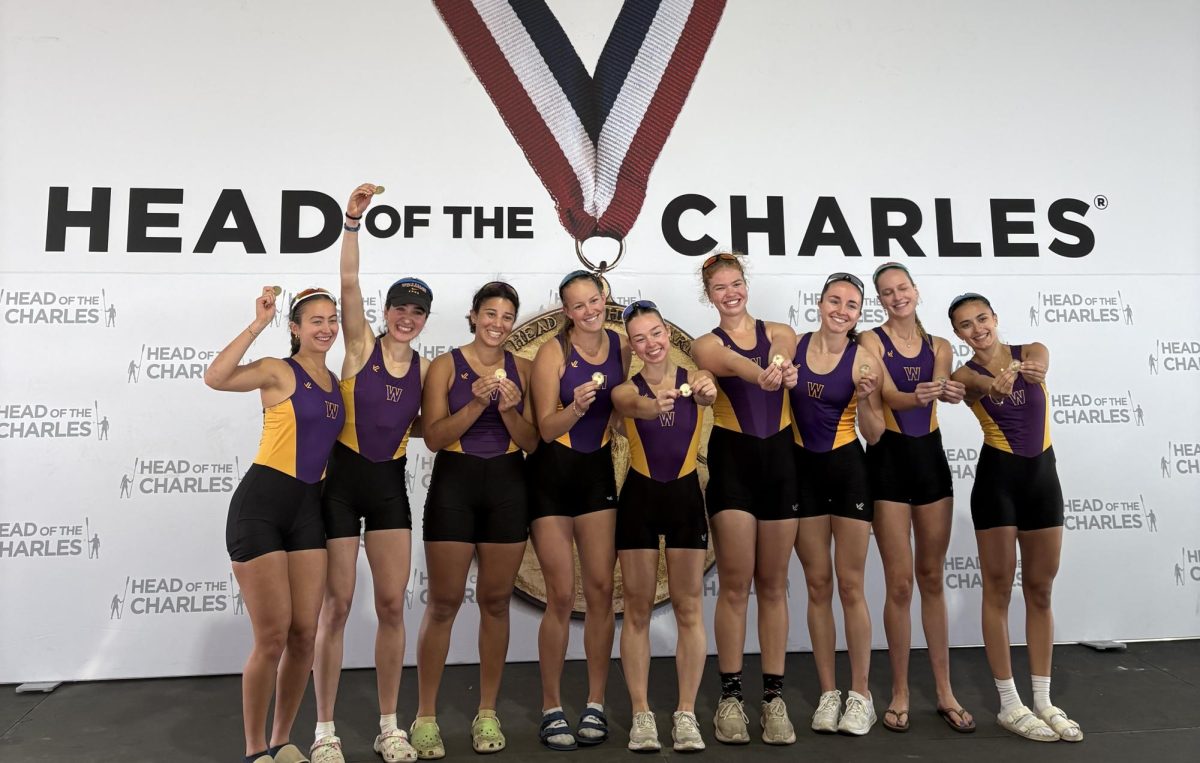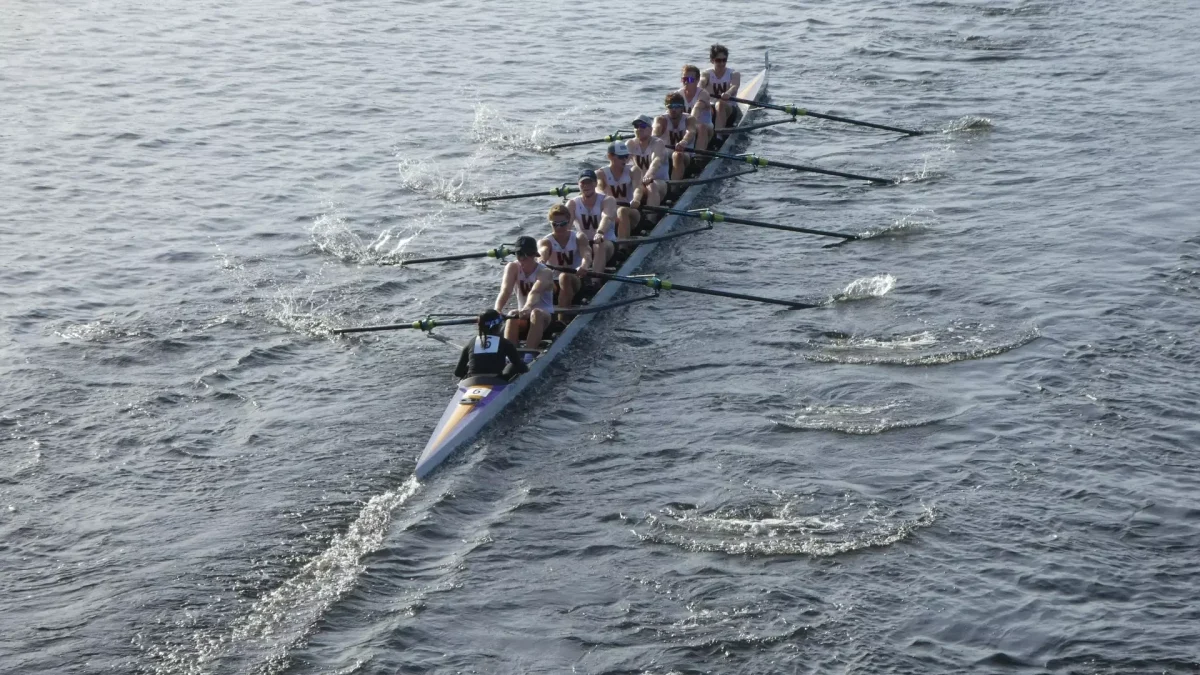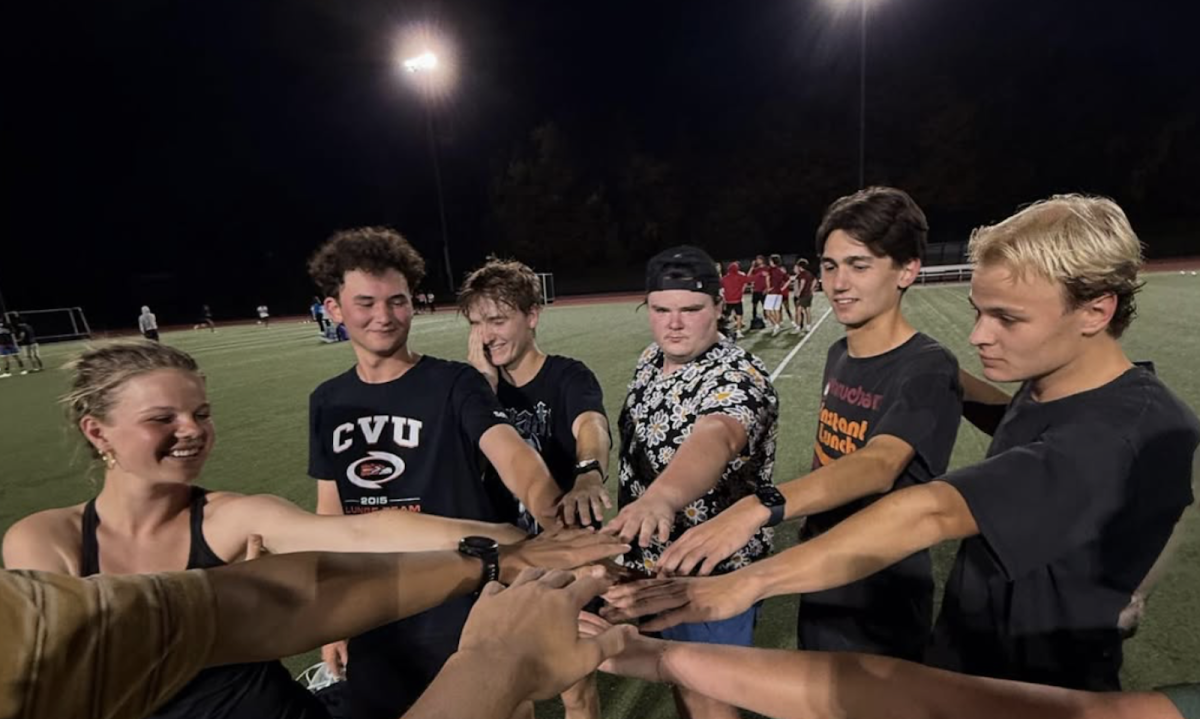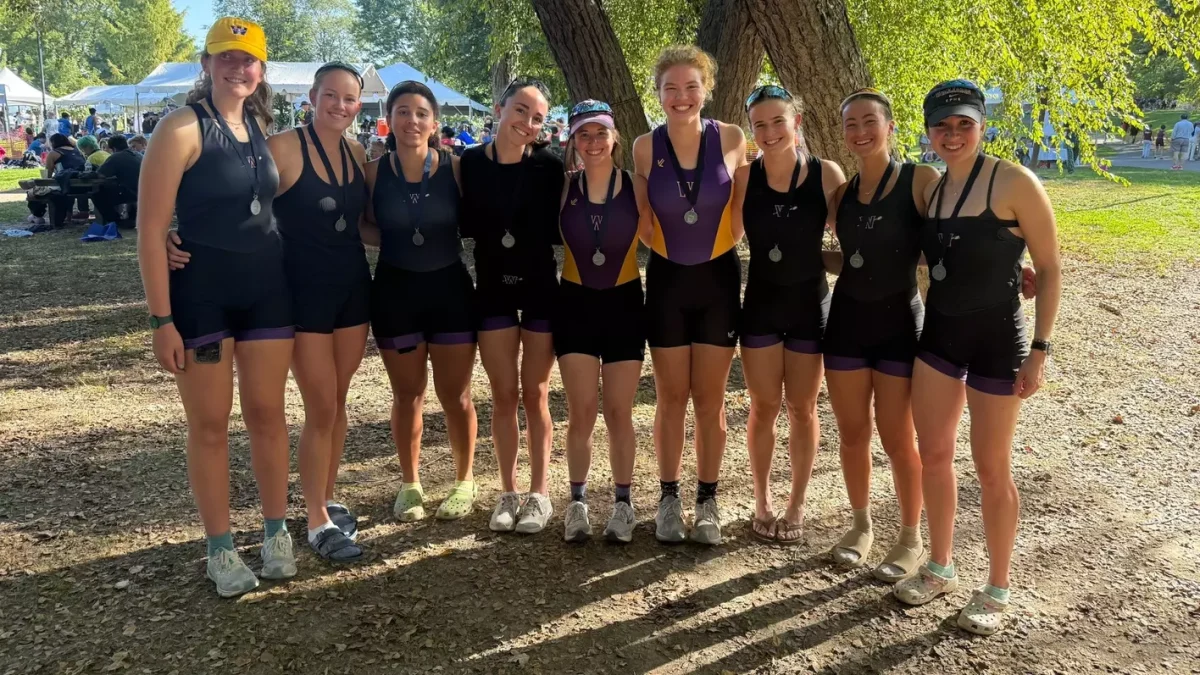On Monday, the NCAA released guidelines on the process for resuming collegiate athletics following the COVID-19 pandemic. In its announcement that centered on a three-phase resocialization plan, the NCAA emphasized the importance of working with the federal government and college administrations while moving through its procedure.
“Once COVID-19 infection rates diminish for at least two weeks, resocialization of society and sport may be possible,” the NCAA announced in its plan. “Resocialization must be rolled out in a stepwise manner that helps ensure sustained low infection spread coupled with the ability to rapidly diagnose and isolate new cases.”
According to the document, the NCAA will consider a gradual reopening of collegiate sports once specified criteria have been met. The “Gating Criteria” include clear and continuous decline in COVID-19 and flu-like cases, federal and local plans to reopen, widely available testing service and sufficient medical resources, as well as systematic preparations for reopening campus from college administrations.
After the Gating Criteria have been met for 14 consecutive days, three gradual phases of resocialization can begin, each more progressive than the phase before. For the NCAA to proceed, requirements must continue to be met for at least 14 days without showing signs for a rebound in severity at each phase. The association aims to eventually resume all normal functioning of sport facilities, training for all athletes and work for all faculty and staff members.
This announcement comes almost two months after the NCAA announced the cancellation of all remaining winter and spring championships on March 12, citing the “evolving COVID-19 health threat.” Since then, the association has released online resources for student-athletes, including a number pertaining to its initiative to promote mental health as well as intercollegiate campaigns to remain united during quarantine.








